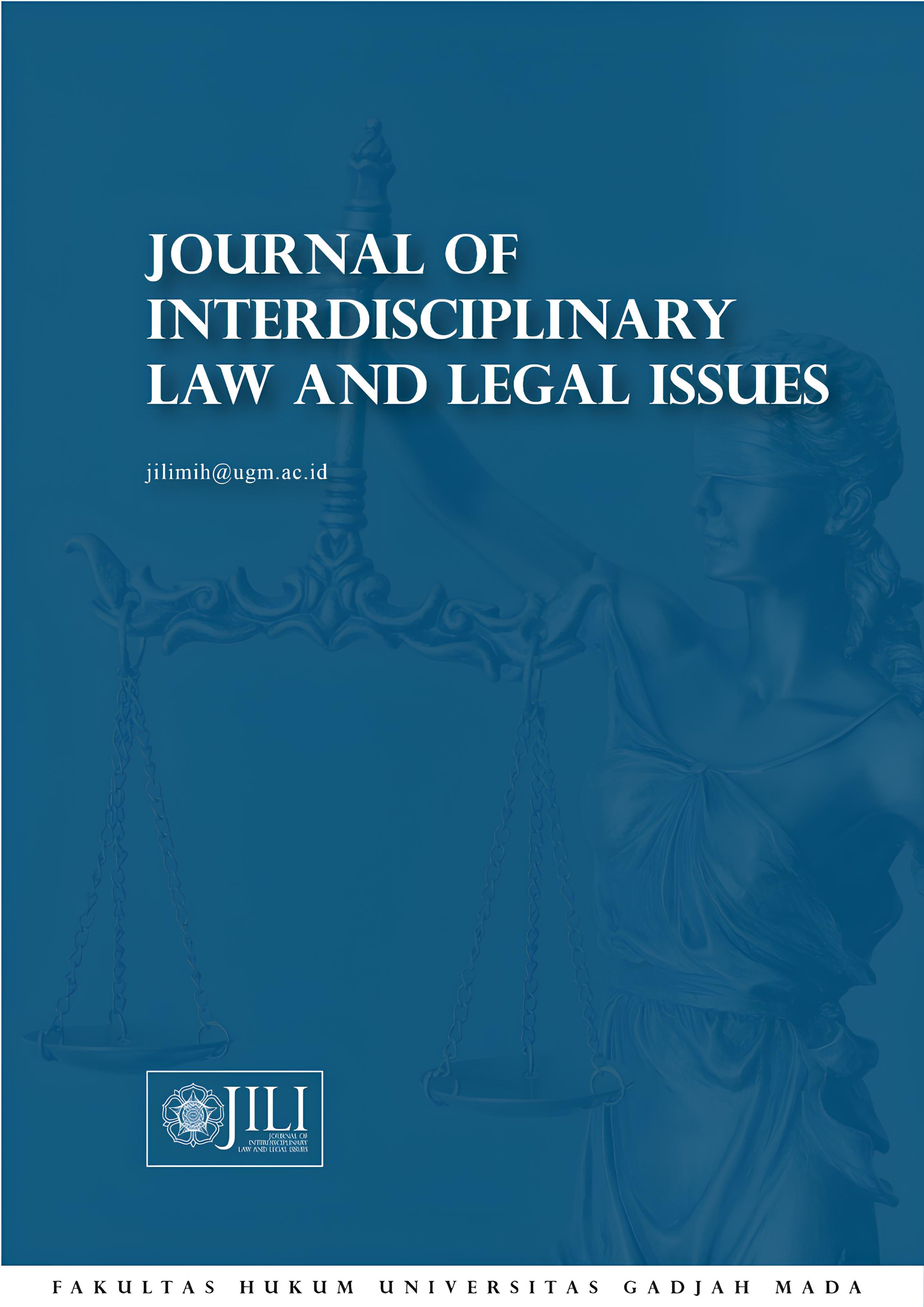INDONESIA - AUSTRALIAN COAST GUARD COOPERATION: AN INTEGRATIVE PARTNERSHIP IN CONTROLLING CROSS-BORDER CRIME
Abstract
The Indonesia-Australia border has become a critical concern for both countries since the rise of cross-border crime has threatened the stability of national security. IUU Fishing as a dominant crime is associated with other crimes such as migrant smuggling, human trafficking, and modern classification. The impact is global since the victims come from various countries. Therefore, the Indonesian Coast Guard (BAKAMLA) cooperates with the Australian Border Force in controlling it. The study aims to analyze the cooperation between the Indonesian-Australian Coast Guard and integrated interagency in handling cross-border maritime crimes. This research used qualitative methods. Data obtained from 9 ministries/agencies and embassies of 2 countries supported by related scientific articles. The study result indicates that in controlling cross-border crimes, the Coast Guards of both countries' cooperation focus on coordinated patrol, human resource capacity building and information sharing. Maritime Domain Awareness-based threat control started from gathering intelligence data to investigations. It requires cross-agency collaboration. This integration involves the coast guard, police, navy, immigration, fisheries agency, sea transportation, ministry of foreign affairs and other technical/supporting agencies. Bounded by the security aspect, victims' and perpetrators' rights are under the country's protection. As a catalyst for followed partnerships, this bilateral cooperation creates a spillover effect for coast guards in the Southeast Asian region. The ASEAN Coast Guard Forum initiation is expected to strengthen the balance of power efforts in the South China Sea disputes.
Copyright (c) 2024 Kiki Apriliyanti, Dafri Agussalim , Sri Wiyanti Eddyono

This work is licensed under a Creative Commons Attribution 4.0 International License.
1. The manuscript that enter the Journal collection are owned and held by Journal of Interdisciplinary Legal Issue (JILI).
2. The copyright of chosen manuscript will be turned into JILIs as the Journal manager.
3. Authors may use some datas or manuscript's parts that have been published by JILI with listing JILI as first publisher, but the author is not entitled to publish the entirety of the manuscript to the other publisher or journal.
Authors are expected to fill out and agree to copyright transfer agreements along with manuscript collection. Copyright transfer agreements can be accessed by "Clicking this link"


